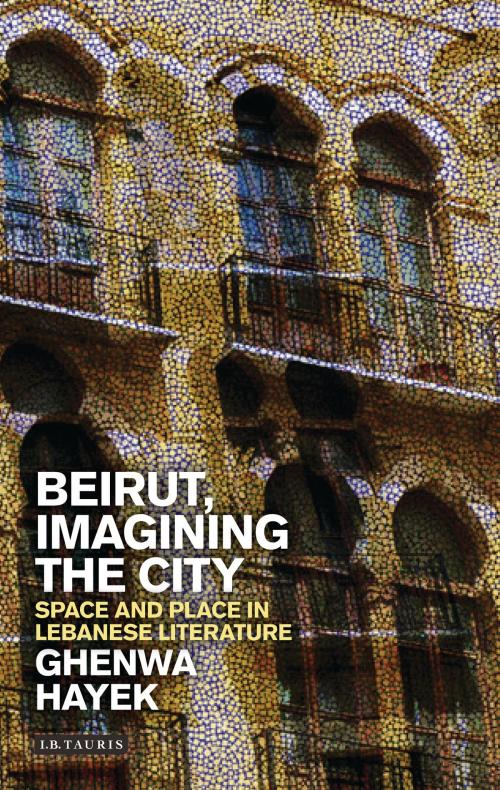Beirut, Imagining the City
Space and Place in Lebanese Literature
Nonfiction, Social & Cultural Studies, Political Science, Social Science, History| Author: | Ghenwa Hayek | ISBN: | 9780857736703 |
| Publisher: | Bloomsbury Publishing | Publication: | October 29, 2014 |
| Imprint: | I.B. Tauris | Language: | English |
| Author: | Ghenwa Hayek |
| ISBN: | 9780857736703 |
| Publisher: | Bloomsbury Publishing |
| Publication: | October 29, 2014 |
| Imprint: | I.B. Tauris |
| Language: | English |
Beirut is the cultural, commercial and economic hub of Lebanon. But to what extent has the city affected and shaped the formation and perceptions of Lebanese national identity? Ghenwa Hayek here explores how anxieties over the past, present and future of Beirut have been articulated through a sense of dislocation present in Lebanese writing since the 1960s. Drawing on theories of cultural studies, geography and history, the author uses an interdisciplinary framework to explore the role that spaces - from rural to urban - have played and continue to play in the defining, and re-defining, of national identity in the seventy years since the creation of the Lebanese nation state. Examining a wide range of modern and contemporary literature, Hayek charts the rise to cultural prominence of the city of Beirut as a significant player in shaping perceptions of Lebanese culture and identity - not only following the destruction of the city-centre during the country's fifteen-year civil war, as is mostly assumed in recent scholarship - but over a century.
Beirut is the cultural, commercial and economic hub of Lebanon. But to what extent has the city affected and shaped the formation and perceptions of Lebanese national identity? Ghenwa Hayek here explores how anxieties over the past, present and future of Beirut have been articulated through a sense of dislocation present in Lebanese writing since the 1960s. Drawing on theories of cultural studies, geography and history, the author uses an interdisciplinary framework to explore the role that spaces - from rural to urban - have played and continue to play in the defining, and re-defining, of national identity in the seventy years since the creation of the Lebanese nation state. Examining a wide range of modern and contemporary literature, Hayek charts the rise to cultural prominence of the city of Beirut as a significant player in shaping perceptions of Lebanese culture and identity - not only following the destruction of the city-centre during the country's fifteen-year civil war, as is mostly assumed in recent scholarship - but over a century.















